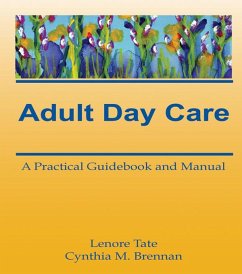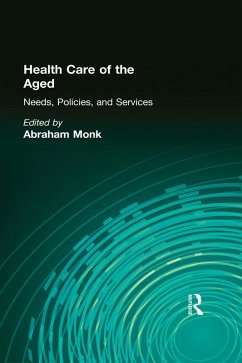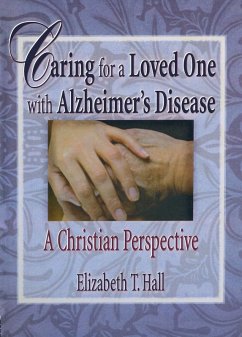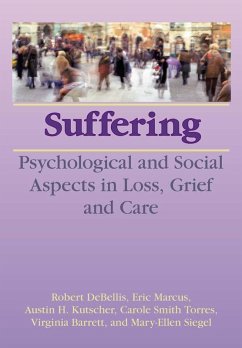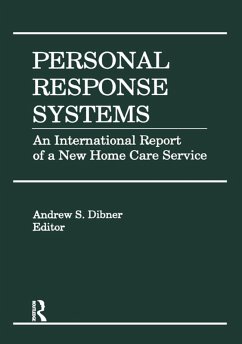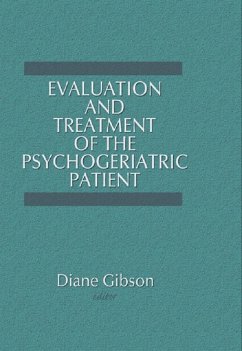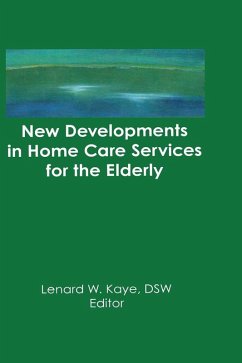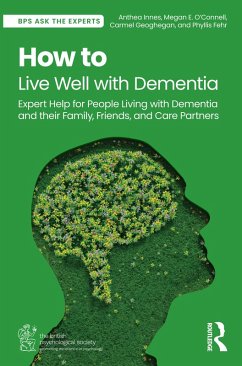
Personal Response Systems (eBook, ePUB)
An International Report of a New Home Care Service
Versandkostenfrei!
Sofort per Download lieferbar
33,95 €
inkl. MwSt.
Weitere Ausgaben:

PAYBACK Punkte
17 °P sammeln!
This important new book describes the origins, developments, and current status of personal response systems, a new means for persons at risk who live alone to get help in case of emergency. In Personal Response Systems, experts from ten countries report on the status, achievements, and challenges involved in setting up, distributing, and operating personal response systems (PRS). Experienced authors from a variety of backgrounds describe the technology, economics, and social effects of PRS, and its integration into existing health and housing programs. Professionals who provide home health se...
This important new book describes the origins, developments, and current status of personal response systems, a new means for persons at risk who live alone to get help in case of emergency. In Personal Response Systems, experts from ten countries report on the status, achievements, and challenges involved in setting up, distributing, and operating personal response systems (PRS). Experienced authors from a variety of backgrounds describe the technology, economics, and social effects of PRS, and its integration into existing health and housing programs. Professionals who provide home health services will find important information about the most efficient and cost effective designs of personal response systems. They will learn how to evaluate and recommend the most appropriate systems for their clients with the assistance of this valuable new book. Research on the frequency and types of emergencies and the many psychological and social benefits to users of this new technology and their families are also discussed. Personal Response Systems covers systems in a number of countries, including Japan, Israel, Sweden, New Zealand, and Germany. Authors representing universities, social agencies, and manufacturing plants provide a balanced, thorough presentation of the subject. These authors discuss:
- the technology of personal response systems
- demographic trends
- how to set up a PRS in a community
- the integration of PRS into housing for the elderly and disabled
- benefits to consumers and health care systems
- the effects of PRS on family relationships
- emergencies best suited for PRS
- analysis of how future technology will expand the medical and protective functions of PRSHealth care planners, social workers, physicians, case managers, housing developers and managers, and others involved in caring for the elderly or disabled will find a valuable store of information in this comprehensive volume. They will be able to evaluate more quickly the most appropriate PRS services for their clients and tenants.
Dieser Download kann aus rechtlichen Gründen nur mit Rechnungsadresse in A, B, BG, CY, CZ, D, DK, EW, E, FIN, F, GR, HR, H, IRL, I, LT, L, LR, M, NL, PL, P, R, S, SLO, SK ausgeliefert werden.




